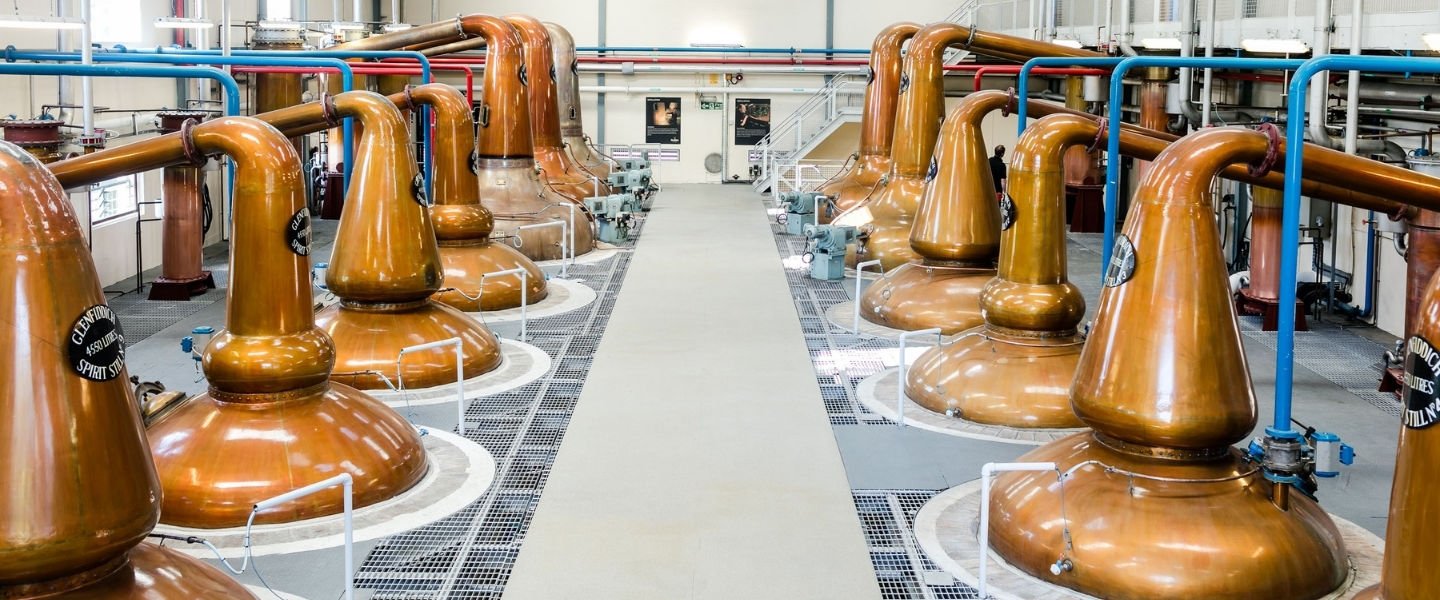Bourbon is a type of American whisky made from a grain mash that contains at least 51% corn. It is aged in charred oak barrels, giving it a distinct amber color and flavor.
Bourbon is named after Bourbon County, Kentucky, which was once a major whisky producer. However, bourbon can also be made in other parts of the United States. To be labeled as bourbon, the whisky must be made in the United States and meet certain legal requirements, such as being aged for at least two years and made from a specific grain mixture.

The “invention of bourbon” is frequently attributed to Elijah Graig, a Baptist minister, entrepreneur, and distiller who is said to have pioneered the use of charred casks for maturation at the distillery he founded in 1789. In reality, no single person created Bourbon; it evolved from the distilling practices of many people.
The legally binding modern definition of bourbon dates from May 1964, when the United States Congress designated it as a “distinctive product of the United States” and established federal bourbon identity standards.
Bourbon is required by law to be made from a mash of at least 51% corn grain and is typically made from 70 to 90 percent corn, with some barley malts, rye, and/or wheat in the mashbill. It has to be distilled to no more than 80% ABV and casked at 62.5% ABV or less. Bourbon must be matured in new charred white oak barrels for a minimum of 2 years.
Bourbon is known for its rich, smooth flavor and is often enjoyed neat or on the rocks. It is also a popular ingredient in cocktails, such as the Manhattan and the Old Fashioned.
